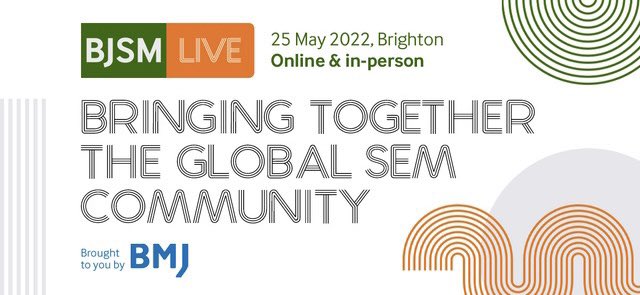I'd like to share an interesting and inspiring #BlackInMicrobiology fact that I'm willing to bet most of you haven't heard of! (1/8)
Arthur Kornberg was a Nobel Prize winner who was known for his work concerning the biosynthesis of DNA.
In 1953, he opened his very own lab and one of his first hires was the incredible Ernest (Ernie) Simms, an African American lab technician from St. Louis. (2/8)
In 1953, he opened his very own lab and one of his first hires was the incredible Ernest (Ernie) Simms, an African American lab technician from St. Louis. (2/8)
Despite having little formal education, Simms became revered as an excellent scientist. He was an instrumental part of the research team that eventually isolated DNA polymerase I (for which Kornberg was awarded the Nobel Prize in 1959). (3/8)
Shortly after Kornberg became the chair of the Microbiology department at Washington University in St. Louis (the same place where he, Ernie, and others made the monumental discovery),
Stanford made an incredible offer and hired almost the entire microbiology department! (4/8)
Stanford made an incredible offer and hired almost the entire microbiology department! (4/8)
Every single member of the department left except a handful of lab technicians, including Ernie Simms...despite Kornberg seriously wanting him to go to Stanford. (5/8)
For the next two years, Ernie Simms played an extremely important role in keeping microbiology research and teaching going at WashU while the school searched for a new department chair. (6/8)
In 1971, Ernie Simms was promoted to the rank of Associate Professor of Microbiology and Immunology, despite not even having a bachelor's degree! (Talk about BRILLIANT). (7/8)
Ernie was widely known for his love of teaching students of all backgrounds and his extreme dedication to the mentorship and advancement of minoritized students at his institution. (8/8)
• • •
Missing some Tweet in this thread? You can try to
force a refresh









